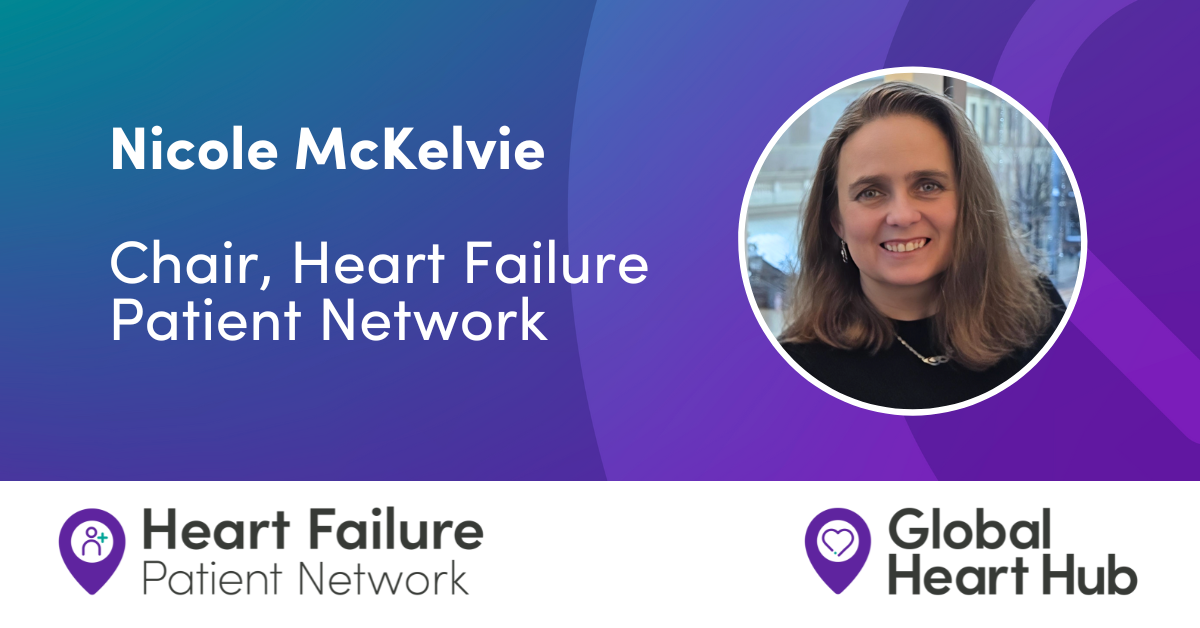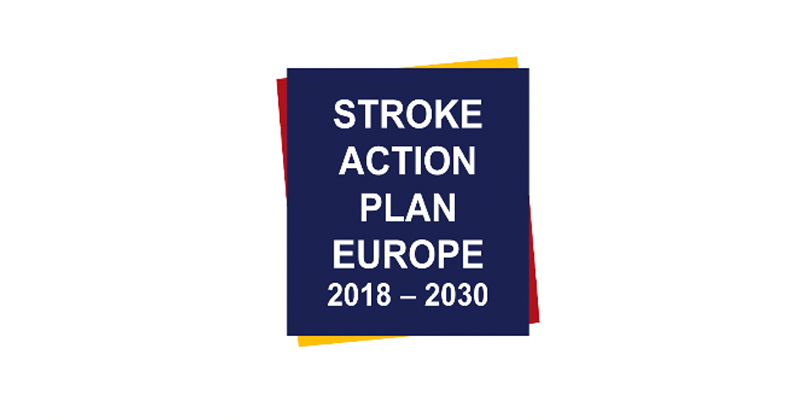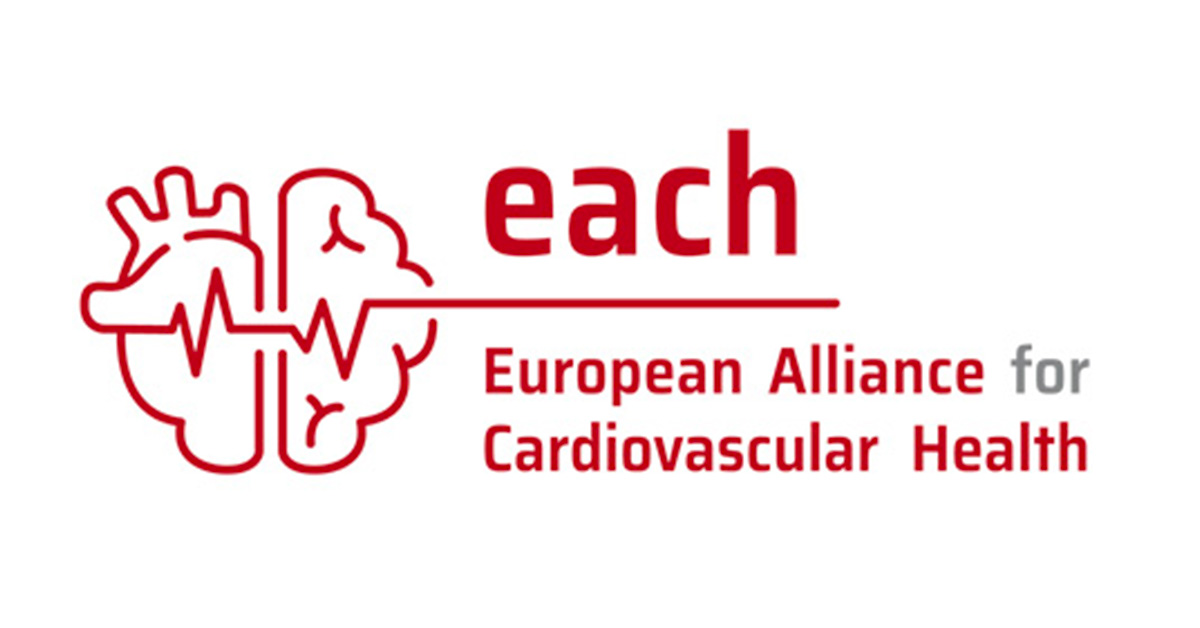The Hidden Genetic Threat Putting 1 in 5 at Cardiovascular Disease Risk: Global Experts Call for Action on Elevated Lipoprotein(a)
Cardiovascular disease (CVD) kills nearly 18 million people each year, more than all cancers combined.1,2
- New survey across Asia Pacific and Middle East shows 66% skip routine heart checks and nearly half are unaware of the genetic link to heart disease.
- Experts urge audience to prioritize Lp(a) in cardiovascular strategies, bridging awareness gaps and driving equitable access to testing and care.
- Elevated lipoprotein(a) or Lp(a), an inherited condition that raises CVD risk, affects 1 in 5 people worldwide but is rarely tested.3
24 September 2025
Cardiovascular disease (CVD) kills nearly 18 million people every year, more than all cancers combined, yet one of its critical genetic risk factors remains largely invisible.1,2 Elevated lipoprotein(a), or Lp(a), the “little a with big consequences,” affects 1 in 5 people globally but is rarely tested and often overlooked in heart health strategies.3,4
Ahead of World Heart Day (29 September), Global Heart Hub and Novartis convened international healthcare experts for the educational media webinar “Introducing the Little (a) with Big Consequences,” to spotlight elevated Lp(a) as a critical, underrecognized inherited condition that independently increases risk of cardiovascular disease such as heart attack or stroke.5,6
In the Asia Pacific and Middle East region, two in three individuals (66%) skip routine heart tests, while nearly half (45%) do not recognize genetics as a risk factor of heart disease, according to the results of a recent survey commissioned by Novartis. Awareness of Lp(a) is even lower, with just 22% of respondent reporting they had heard of a test for the biomarker, while only 7% had taken it.7
“Cardiovascular disease remains the world’s leading cause of death, yet elevated Lp(a), a highly prevalent risk factor, is not even on most people’s radar,” said Neil Johnson, Executive Director of Global Heart Hub. “That has to change, and the media plays a vital role in putting this hidden risk factor into the global heart health conversation.”
From Patients to Policy: A Global Call to Action
The session brought together leading voices from patient advocacy groups, medical science, and healthcare policy:
- Patient’s Perspective: Ram Khandelwal, who survived a heart attack at age 33, shared how the experience inspired his advocacy work for India’s first heart patient support group Heart Health India Foundation, and drove his efforts to raise the alarm on the dangers of elevated Lp(a) among its members.
- Scientific Insights: Prof. Gerald Watts, an expert in Cardio-Metabolic Medicine, University of Western Australia, explained the genetic science behind elevated Lp(a) and its impact on cardiovascular health.
- Policy Lens: Nicola Bedlington, Senior Policy Advisor/Project Lead, Lp(a) International Taskforce, FH Europe Foundation (FHEF), urged policymakers to embed Lp(a) testing into national CVD guidelines to close critical care gaps. Supporting this, Prof. Zanfina Ademi, Professor, Health Economics, Monash University; Lp(a) International Task Force, FH Europe Foundation highlighted the cost-effectiveness of Lp(a) testing and its economic impact on health systems and society in the region.
- Cross-Regional Dialogue: Experts from Korea, India, Australia, and the Middle East (including Prof. Youngwoo Jang from Gachon University Gil Medical Center, Dr. A. Sreenivas Kumar from Apollo Hospitals India, and Dr. Ronney Shantouf from Cleveland Clinic Abu Dhabi) addressed the challenges in diagnosing and managing elevated Lp(a), and the potential economic benefits of testing for it.
While awareness of elevated Lp(a) is dangerously low among Asia Pacific and Middle East survey participants, 58% of these respondents expressed interest in testing for genetic risk, representing a clear opportunity to empower individuals with knowledge that could save lives.7
The webinar concluded with a unified call to action to expand Lp(a) testing across the Asia Pacific and Middle East region, embed diagnosis and management of elevated Lp(a) into health systems with supportive policies.
“Every test taken could mean a life is saved, ensuring no heart is lost too soon,” said Judith Love, President, Asia Pacific, Middle East & Africa at Novartis. “We must act now so that patients around the world are no longer left in the dark about this ‘little (a) with big consequences,’ but are instead empowered to take action on their own heart health.”







